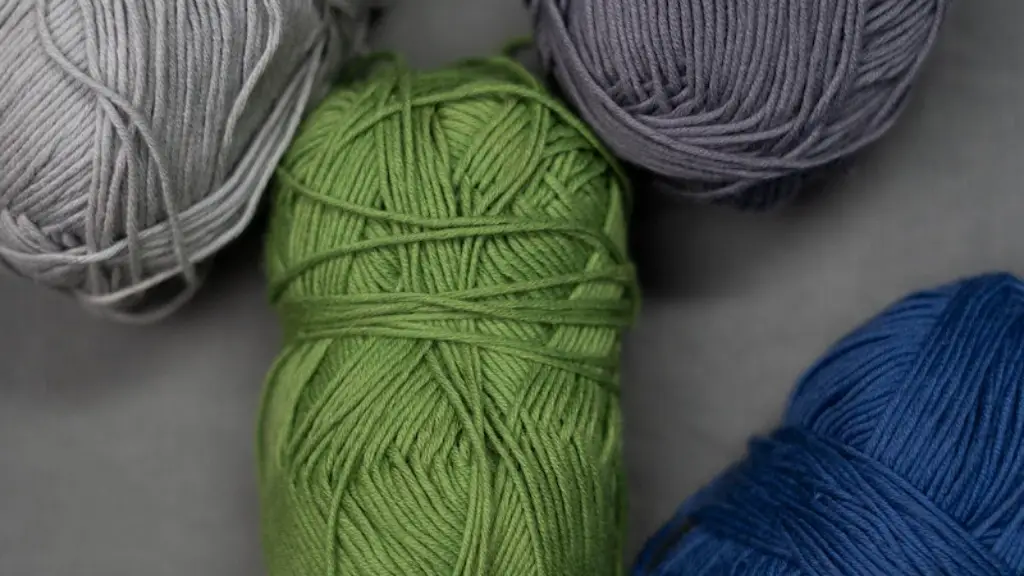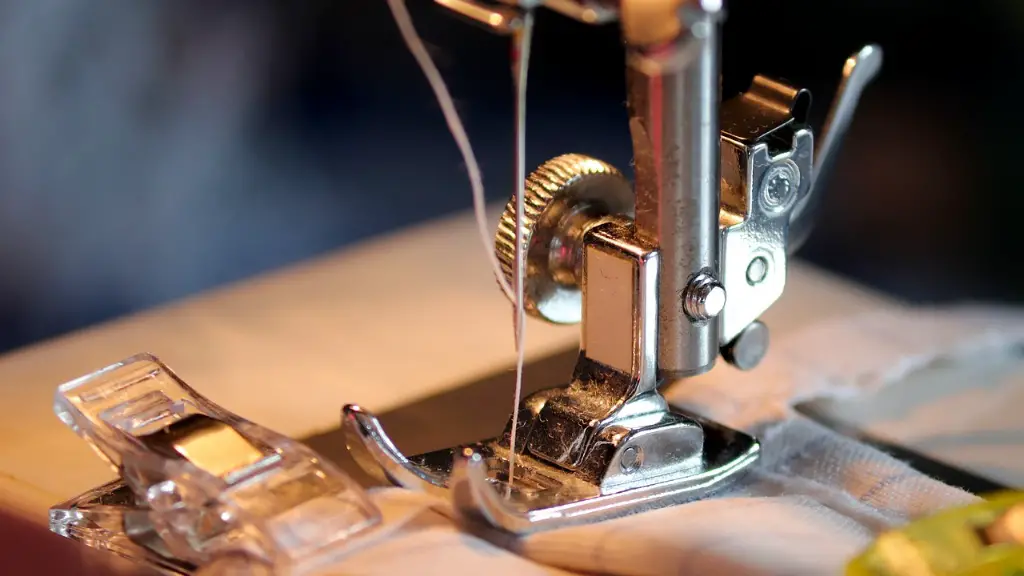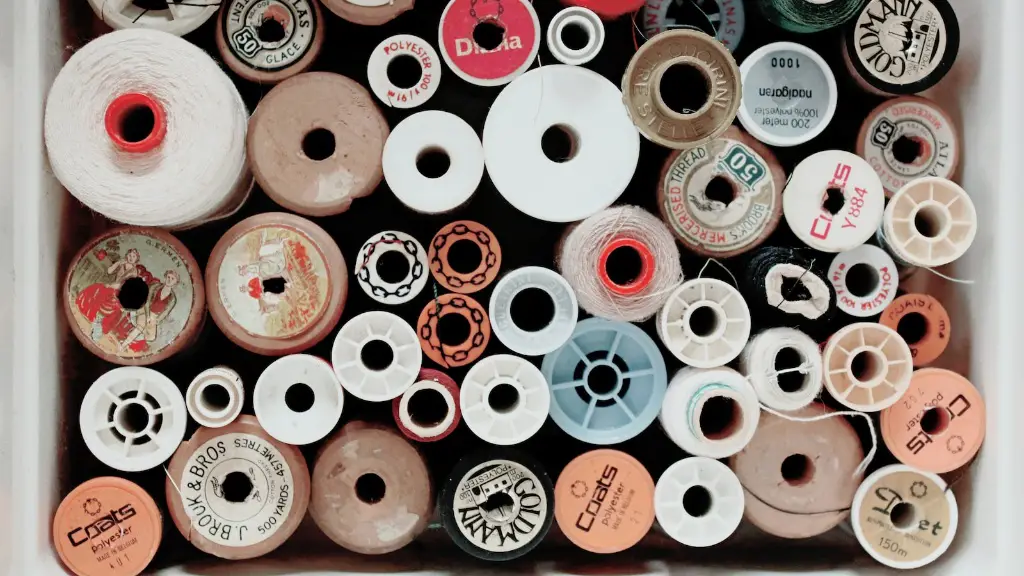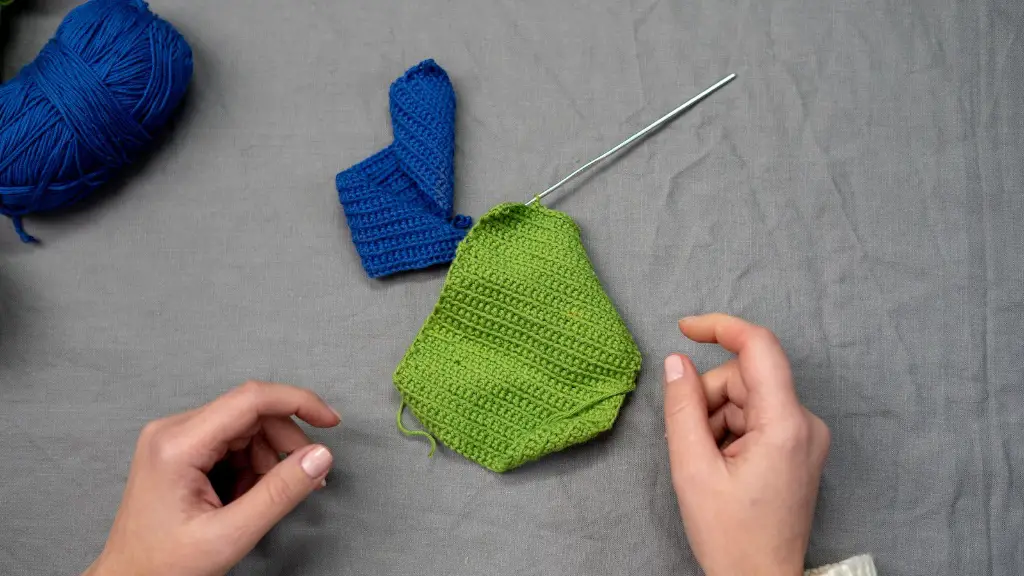Most Singer sewing machines come with an instruction booklet that will give you full details of how to lubricate your machine correctly. But before you do, you need to make sure that your machine is completely clean and free from dust and dirt. This will help the lubrication to last longer and help keep your machine running smoothly for longer.
The instructions for lubricating your Singer sewing machine will depend on the particular model. Generally, the oil should be applied to the following areas on your machine: feed dog, shuttle race, bobbin winder, and upper and lower needle shaft. If you have a newer machine, it might just require the oil to be put on the shuttle and not in all the other areas. Whichever way you choose to oil your machine, it’s important to make sure that it is oiled regularly.
To oil your machine, take some quality sewing machine oil and put some drops directly onto a piece of cotton cloth or kitchen paper. Do not put the oil directly into the machine, as this could lead to problems. Next, use the cloth to lightly apply the oil to the required areas of the machine as described in the instruction booklet. Wipe away any excess oil with a clean cloth.
When you are finished, make sure to clean the machine with a damp cloth to remove any buildup of oil or grease from the fabric. It is also important to remember to clean the machine before you start any sewing project to ensure that the oil is not transferred to your project.
It is important to remember that some machines will require more frequent oiling than others. For example, you may need to lubricate an older Singer sewing machine every few months, while a newer model may only require oil every six months. You should refer to your instruction booklet to find out how often you should be lubricating your machine.
It is also important to use the right type of oil; using the incorrect oil could prevent your sewing machine from working correctly. Furthermore, it is important to use Singer-approved oil in order to ensure that the machine is kept in the best possible condition. If you’re in doubt as to which type of oil is correct for your machine, you should contact Singer or your local sewing machine dealer.
In addition, if you are experiencing any difficulties while oiling your machine, such as leaks or an overly oily machine, then it is best to call in a professional. A professional will be able to inspect the machine and identify the source of any problems, as well as provide any necessary repairs or servicing.
What Are The Benefits of Oiling a Singer Sewing Machine?
Oiling a Singer sewing machine on a regular basis is essential for keeping it in good condition. Regularly lubricating your machine helps to get rid of any dirt, dust, and debris which can build up over time and cause it to run inefficiently. This can, in turn, extend the life of your machine, as well as ensure that it runs smoothly and efficiently while you’re using it.
Also, oiling your machine will help to protect it from corrosion, which can occur when the oil breaks down and is not replenished. This can be a costly issue and can result in expensive repairs. This is why it is essential to oil any Singer sewing machine on a regular basis in order to keep it in optimal condition.
Where Can You Purchase Oil for Your Singer Sewing Machine?
Oil for Singer sewing machines can be easily purchased from most haberdashery stores, as well as in many craft and hobby stores. Online retailers such as Amazon and eBay also stock sewing machine oil, so you can easily find the right type of oil for your specific machine.
It is important to be aware of what type of oil you need for your specific machine in order to ensure that it is properly lubricated and maintained. For example, the Singer lubricating oil is designed specifically for Singer sewing machines and is recommended for many of their models, while the Husqvarna oil is more suited to their own machines.
What Are The Signs That You Need to Oil Your Singer Sewing Machine?
If you are unsure about whether or not your Singer sewing machine needs to be oiled, there are a few tell-tale signs that you should look out for. If your machine becomes noisy or sounds louder than it normally does when it is running, this could indicate that it needs to be oiled. Additionally, if your machine is sewing slower than usual or making a strange noise, this is an indication that it needs to be serviced or oiled.
Also, if your machine appears to stitch clumsily or makes errors when controlling tension, this could also suggest that it needs to be oiled; lack of oil can lead to poor stitch formation and resistance while sewing. Thus, it is important to be aware of these signs so you can ensure that your Singer sewing machine is well maintained and running as it should.
How Often Should You Oil a Singer Sewing Machine?
In order to make sure that your Singer sewing machine is running smoothly and efficiently, it is important to be vigilant about lubricating your machine. Generally, you should oil your machine every six months or so, however, this is dependent on the type of Singer machine you have and how often you use it. Older machines may require to be oiled more frequently than newer models. It is essential to refer to the instruction booklet of your specific machine to check how often it should be oiled.
Oiling your machine once every six months is a good rule of thumb for keeping it in working order. Additionally, you should always make sure the machine is completely clean beforehand and use only quality sewing machine oil in the correct type of machine. By following these guidelines and being mindful of when to oil your machine, you can ensure that your Singer sewing machine stays in the best condition possible.
What Are The Common Mistakes When Oiling A Singer Sewing Machine?
While oiling a Singer sewing machine is not a difficult task, it is important to know how to do it correctly in order to ensure that the machine stays in good working order. One of the most common mistakes when oiling a Singer sewing machine is to apply too much oil; it is important to be careful not to over-lubricate the machine as this can cause damage to the internal components.
Also, it is important to make sure that you only use the correct type of oil for your Singer sewing machine. Using the incorrect type of oil can cause it to become clogged or malfunction, so it is essential to read the instruction manual or talk to your local sewing machine dealer to make sure you use the right oil for your particular machine.
Furthermore, it is important to thoroughly clean the machine after oiling to ensure that any excess oil or grease is removed. After oiling, use a clean, damp cloth and a small brush to remove any residue, as this will help your machine to continue running smoothly and efficiently.
What To Look Out For When Oiling A Singer Sewing Machine?
Before oiling a Singer sewing machine, it is important to make sure that the machine is clean and free from dust and dirt. If any dust or lint is present on the machine, it will prevent the oil from entering the necessary parts and can even cause further damage to the internal components if they are not addressed and dealt with.
In addition, it is also essential to inspect the machine for any signs of damage to the internal components. If any cracks, chips, or dents are found, it is important to have the machine serviced by a professional in order to fix any potential problems and prevent further damage.
Finally, it is important to make sure that you store the machine correctly and in a dry, dust-free environment when not in use. This will help to preserve the lubricants in the machine and prevent them from drying out and becoming inefficient.





